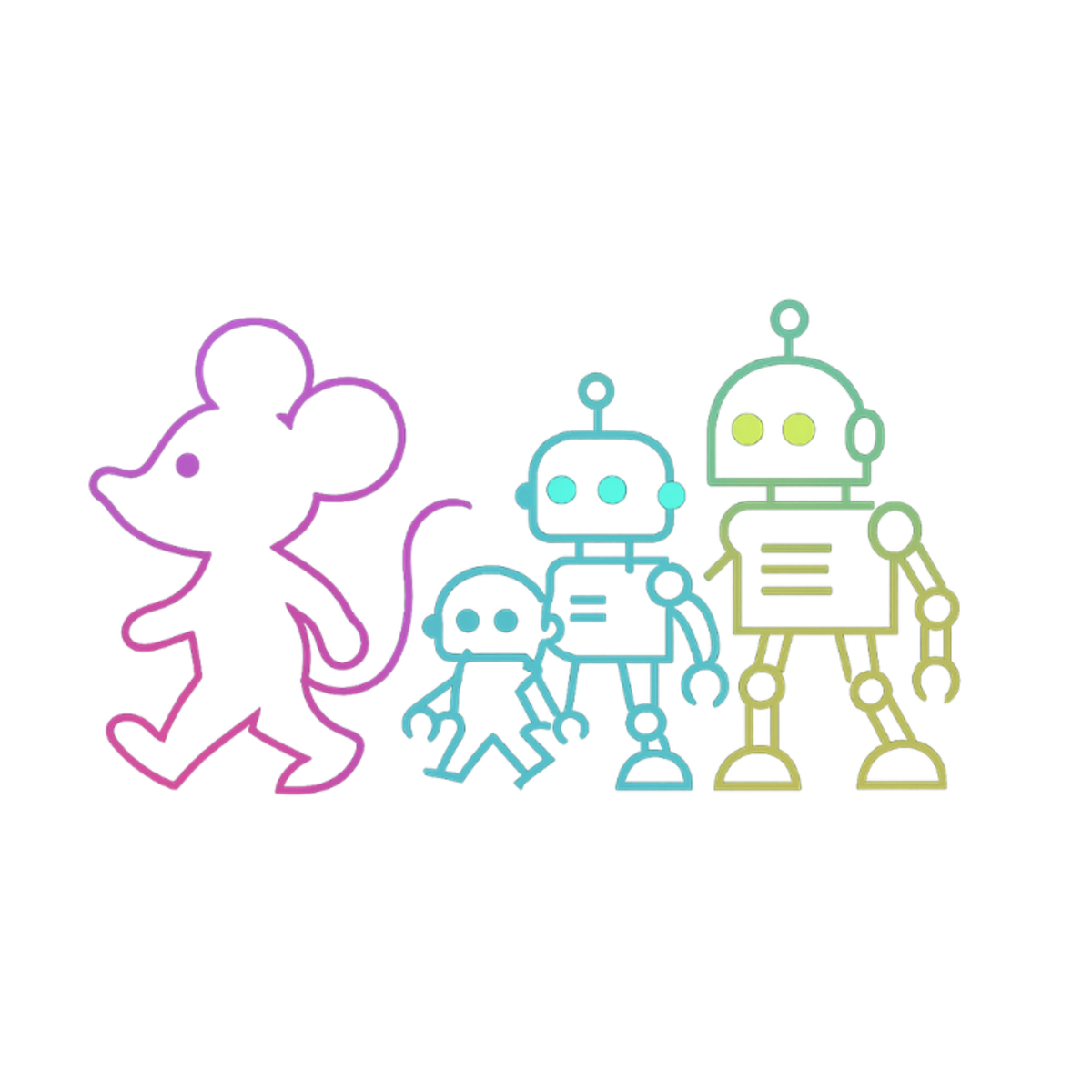Oracle, once seen as a cautious stalwart in enterprise IT, is now doubling down as a generative AI evangelist. On August 18, 2025, the company announced it has integrated OpenAI’s GPT 5 across its database and cloud portfolio, from Oracle Database to Fusion Cloud Applications, NetSuite, and industry specific tools like Oracle Health. This isn’t a feature, it’s a statement, AI is no longer optional; it’s core to Oracle’s strategy.
Embedding GPT 5 Where It Counts
Oracle’s vision is audacious in its simplicity. By embedding GPT 5 into the systems enterprises already rely on, the company brings advanced reasoning and code generation to workflows instead of asking users to adopt new tools. Oracle touts enhanced agentic capabilities like multi step orchestration, automated code generation, and deeper business insights, all accessible within familiar interfaces. Tooling such as Oracle AI Vector, Select AI, and SQLcl MCP Server enable secure, AI powered operations directly from SQL queries and business workflows.
Independent benchmarks reinforce Oracle’s timing. GPT 5 delivers 74.9% on the SWE bench Verified coding benchmark and slashes hallucinations by 65%, with a context window stretching to 512,000 tokens and a new “thinking mode” for complex reasoning.
The result is that business users can query systems in natural language, finance leaders can generate reports faster, and developers can debug in production, all without leaving their workflow.
Strategic Engineered Lock In
Enterprises, particularly in regulated sectors like healthcare and finance, care about both innovation and governance. Oracle’s GPT 5 integration minimizes data movement by keeping AI operations within its own database ecosystem, a major security win. Embedding AI natively, they argue, strengthens compliance and data privacy by design.
The monetization model is strategic and layered. Oracle positions GPT 5 as a premium feature within its SaaS suite, pushing upgrades for Workspace and database clients. It also ties AI usage to metered billing on Oracle Cloud Infrastructure, creating a consumption driven revenue stream tied to its broader cloud stack. Combined, these strategies are aimed at increasing seat based spend and creating higher switching costs.
This move mirrors Oracle’s larger infrastructure strategy, reinforcing OCI as a go to platform for AI workloads. Investments like the Stargate project, a $500 billion AI infrastructure partnership with OpenAI and SoftBank, underscore their long term commitment to enterprise AI.
Innovation, Adoption, & Market Momentum
Oracle’s pivot reflects an inflection point, enterprise software providers must embed AI or risk obsolescence. Embedding GPT 5 delivers genuine productivity gains, but also raises the bar for governance, cost control, and trust. The model is powerful, but without guardrails, even a generative assistant can misfire.
Analysts remain bullish on Oracle’s AI trajectory. With 30+ AI related contracts worth over $12.5 billion signed in recent quarters, many involving AI model training on OCI, the company’s gamble appears to be enabling both growth and distinct competitive positioning. Yet skeptics caution that partnerships with OpenAI may be opportunistic; long term wins will depend on customer lock in and continued execution.
What It Means for Enterprises
For CIOs and IT leaders, Oracle’s GPT 5 rollout is both opportunity and challenge. On one hand, AI powered capabilities become instantly accessible across ERP, CRM, finance, and development workflows. On the other, teams will need frameworks around governance, token costs, and reliability. The genie is in, you must manage it.
Oracle isn’t just delivering a toy. It’s repackaging AI as a core asset in its stack, with revenue, security, and ecosystem implications baked in. For organizations already riding Oracle’s platform, GPT 5 could translate into real competitive advantage. For others, it's a vivid reminder, enterprise AI is no longer optional. It’s table stakes.
Sources
https://www.oracle.com/news/announcement/oracle-deploys-openai-gpt5-across-oracle-database-and-cloud-applications-portfolio-2025-08-18/
https://www.techrepublic.com/article/news-oracle-gpt5-cloud-saas/
https://aibusiness.com/language-models/oracle-integrates-openai-s-gpt-5-across-enterprise-software-portfolio
https://www.ainvest.com/news/oracle-gpt-5-integration-strategic-ai-inflection-point-enterprise-software-growth-2508/

